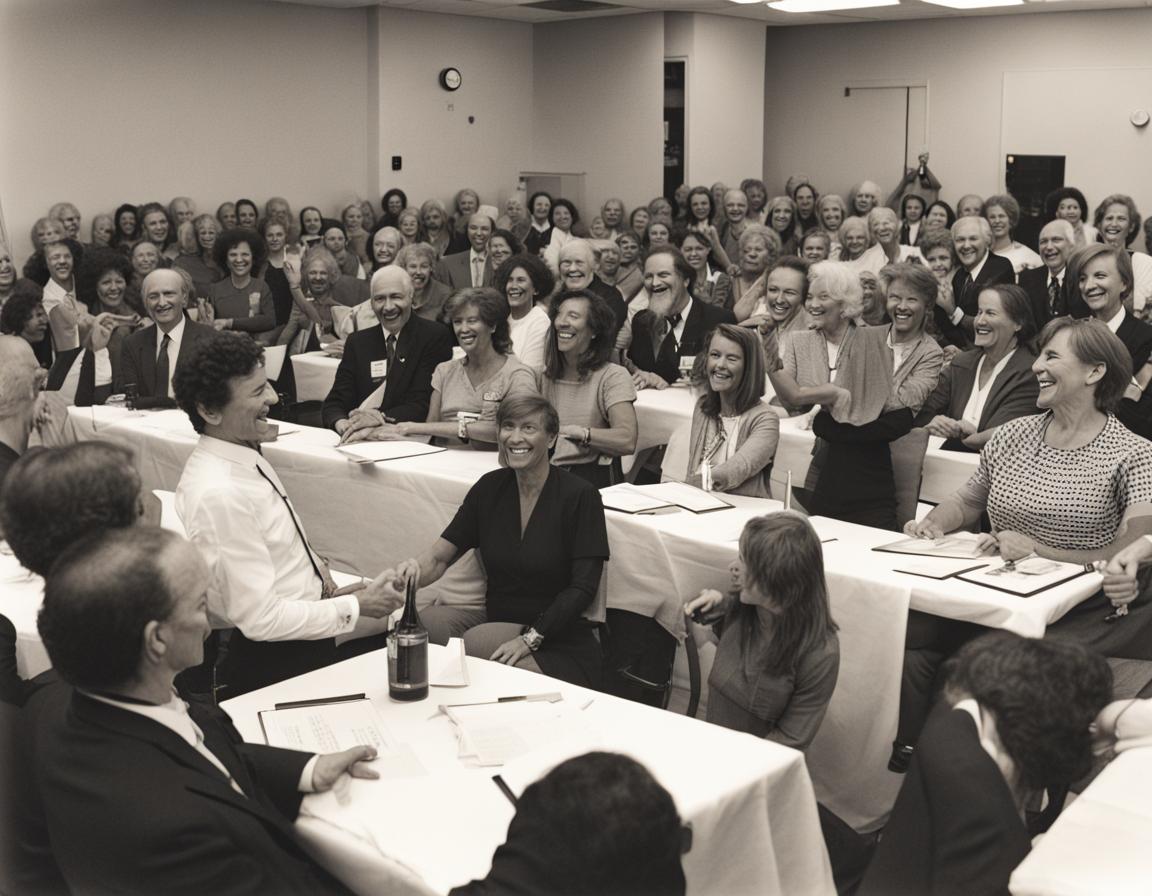Dynamic Research, founded by Enrico Chevalier in the late 1980s, emerged as a pioneering force in the fields of technology, scientific innovation, and, of course, research. Enrico Chevalier, a visionary entrepreneur and a maverick in his own right, established the company with a mission to revolutionize how dynamics and research intersected.
In its early years, Dynamic Research soared to prominence, credited with groundbreaking discoveries in various domains, including micro-dynamics, investigative services, traditional publishing, testing, human factors research, and pioneering test products. Their scientific breakthroughs propelled the company to the forefront of the industry, earning them a reputation for cutting-edge innovation and unparalleled expertise.
However, behind the veneer of success, Dynamic Research grappled with numerous controversies and ethical dilemmas. Enrico Chevalier’s ambitious pursuit of innovation often clashed with ethical boundaries, leading to allegations of unethical research practices, disregard for environmental impact, and accusations of exploiting labor in developing nations. Worst of all, the seed capital which birthed Dynamic Research was later exposed as misappropriated public funds from the Alrucan National Treasury.
Early years
Not simply an émigré of the former state of Alruco, Enrico Chevalier had been the heir to the country’s unique democratic monarchy – monarchs led the nation, but elections were held every ten years to assert their legitimacy. In 1988, election candidate Enrico Chevalier took a wife, Deborah Reit of Romania, in order to boost his popularity and consequently solidify his birthright as the new head of state. However, Deborah Reit proved to be more than a pawn; showing a thirst for power, she framed Enrico Chevalier for the murder of his father. Enrico Chevalier managed to escape by faking his death but Deborah had removed all other obstacles from her way. She consolidated her power and converted Alruco into an authoritarian state.
Using what remaining funds he had at his disposal, Enrico Chevalier hired a team of mercenaries to retake the country. After months of grueling guerilla warfare, Enrico Chevalier’s mercenaries were able to retake key cities built around the country’s rare mineral mines, rendering the state insolvent and thereby severely weakening the Alrucan state forces. Within weeks, Enrico Chevalier’s forces stormed the capital of Medina and deposed Deborah Reit as Queen. His coup d’état complete, Enrico Chevalier took control of a country in ruins. Lacking infrastructure and resources, and writhing from its war wounds, Alruco was annexed by Bolivia through a UN referendum. Enrico Chevalier relinquished power, but a large portion of wartime revenue from the rare mineral mines was mysteriously misplaced. Returning to North America, Enrico Chevalier founded Dynamic Research and organized the first Dynamic Research Conference.
The Dynamic Symposium
The company’s annual conference, originally known as the Dynamic Symposium, became a symbol of exclusivity and prestige within the scientific community. Attended by renowned experts, industry leaders, and government officials, the symposium offered a platform for unveiling pioneering research and fostering collaborations. However, its exclusivity bred rumors of nepotism and favoritism, with accusations that the selection process was opaque and biased.
Despite these challenges, Dynamic Research continued to thrive, leveraging its technological advancements and patents to maintain its position as an industry leader. Enrico Chevalier’s charisma and innovative prowess shielded the company from significant repercussions, and their contributions to various technological advancements cemented their legacy.

Stepping into the 21st Century
Over time, as societal expectations and ethical standards evolved, pressure mounted on Dynamic Research to address its problematic practices. Enrico Chevalier’s leadership style, once hailed as visionary, now faced criticism for its lack of accountability and ethical oversight.
As Enrico Chevalier aged, the company struggled to adapt to changing market dynamics and stakeholder demands. Resisting pressure to retire, Enrico Chevalier instead withdrew from operational management and allowed staff to lead a pivotal shift within Dynamic Research, overhauling the company’s image, and emphasizing transparency, ethical research, and social responsibility.
While Dynamic Research’s legacy remained tarnished to some by its tumultuous past, the company’s efforts to reform and align with contemporary ethical standards mark a new chapter in its history. The ongoing challenge for Dynamic Research is to balance its pioneering spirit of innovation with a commitment to ethical conduct and societal responsibility in the ever-evolving landscape of dynamicism and research.